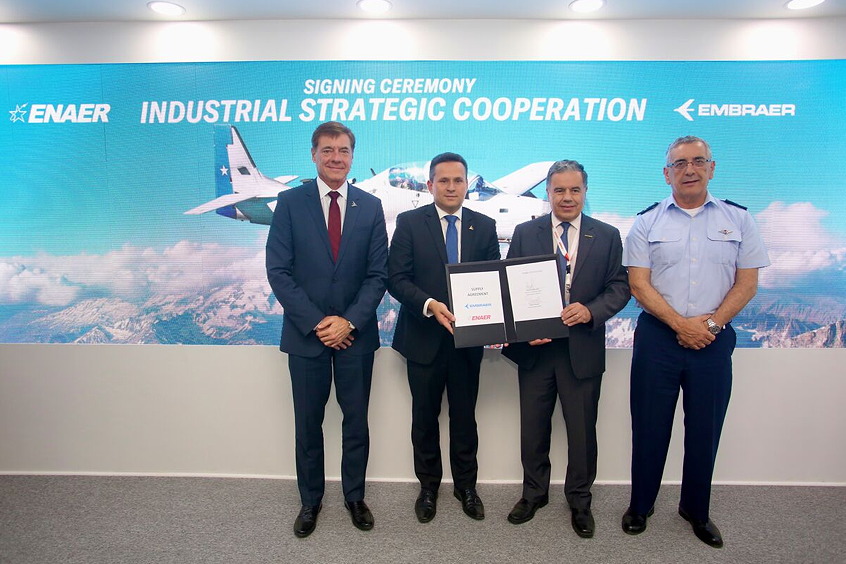From energy-efficient jet engines to personalized medical devices, companies can quickly and easily design and manufacture cutting-edge, safe and reliable products thanks to a new collaboration between ANSYS and the University of Pittsburgh. The partnership will further education and research to solve some of the industry's toughest additive manufacturing problems.
Advances in additive manufacturing technologies are drastically changing the industrial manufacturing landscape. Forward-thinking companies are rapidly adopting new emerging technologies to gain significant competitive advantages to produce complex and customized products that were not possible to build before the advent of additive manufacturing. While additive manufacturing holds incredible promise there are still significant hurdles to overcome before it can broadly replace existing manufacturing methods.
Printing metal is particularly challenging because it involves the use of a laser. While the laser optimizes the density of the metal for the particular application, it can also melt the metal in unexpected ways, causing the product to fail. And the rapid heating and cooling causes stresses that can deform the end product. ANSYS and Pitt are working together to simulate those deformations before printing to ensure the product not only has the desired shape, but also performs as expected.
As part of the partnership, the university is opening a 1,200-square-foot additive manufacturing lab in the Swanson School of Engineering. The ANSYS Additive Manufacturing Research Laboratory is equipped with some of the most advanced additive manufacturing devices that utilize metals, alloys, polymers and other materials to laser print components for nearly every industry.
The partnership will also support faculty and students conducting collaborative research with ANSYS and other industry partners, including those in the biomedical, aerospace and defense industries. Lab workers will have access to the ANSYS portfolio, enabling them to explore, simulate and analyze solutions for stress and fatigue on critical components that go into products such as airplanes, cars and medical devices.
"Collaboration with industry leaders such as ANSYS provides us with the important insight into real-world challenges that companies face in product development and other areas," said Mark Redfern, Pitt's vice provost for research. "These relationships guide our approach to educating our students and conducting research to ensure that the work we do is cutting edge and relevant to society. Our current additive manufacturing research will be greatly enhanced by our strengthened partnership with ANSYS."
Additive manufacturing allows for precise control in creating a component at the micro- and nano-scale level, new processes and software are required to help engineers develop parts that are designed to perform a desired function under a set of conditions. Simulation-driven product development changes the process by virtually exploring the properties of a number of design options early on, before committing to specific material and design choices. The benefit of physics-based computational tools is that they can test millions of permutations of designs, materials, flows and shapes to find the optimal design before the engineer needs to build a single physical prototype. Not only will this new approach unleash the next wave of innovative physical products, but it is a necessity to make designs more energy-efficient and sustainable.
ANSYS and Pitt's collaborative work in this area was initiated with funding from the federal government via America Makes (the National Additive Manufacturing Innovation Institute). Pitt's research includes the development of new tools to optimize the interior construction of a manufactured part at the microscopic level and thereby improving strength and structural integrity, lowering weight, reducing costs and improving sustainable production methods.
"The industry is changing, and companies can no longer innovate if they continue to do business as they have in the past," said Jim Cashman, president and CEO of ANSYS. "By partnering with Pitt, we're pushing the frontiers to develop advanced tools for our customers in this new era of additive manufacturing. Together we are solving some of the toughest challenges for engineers building the products of tomorrow."
Since 2014, additive manufacturing researchers at the Swanson School have attracted more than $6 million in grants from America Makes, the National Energy Technology Laboratory, the National Science Foundation, and Research for Advanced Manufacturing in Pennsylvania. The partnership with ANSYS will enable faculty to not only benefit their research, but to help ANSYS improve its own engineering simulation software. This partnership will enable these two organizations to address key challenges that are currently blocking additive manufacturing from realizing its full potential.
"Pittsburgh has a long history rooted in traditional manufacturing, and so it's appropriate that Pitt and ANSYS help to establish the region's expertise in additive manufacturing, noted Albert To, associate professor of mechanical engineering and materials science and one of Pitt's additive manufacturing researchers. "Optimizing the tools that researchers and engineers around the country will use to improve additive manufacturing will be a game-changer."
| Contact details from our directory: | |
| ANSYS, Inc. | Simulation Services, Simulation Systems, Computer-aided Simulation |
| Related directory sectors: |
| Design Software |
Weekly news by email:
See the latest Bulletin, and sign up free‑of‑charge for future editions.

Bell Mexico delivers 800th commercial aircraft cabin

Chile's ENAER expands cooperation with Embraer

Eve names KAI as supplier for eVTOL pylons
